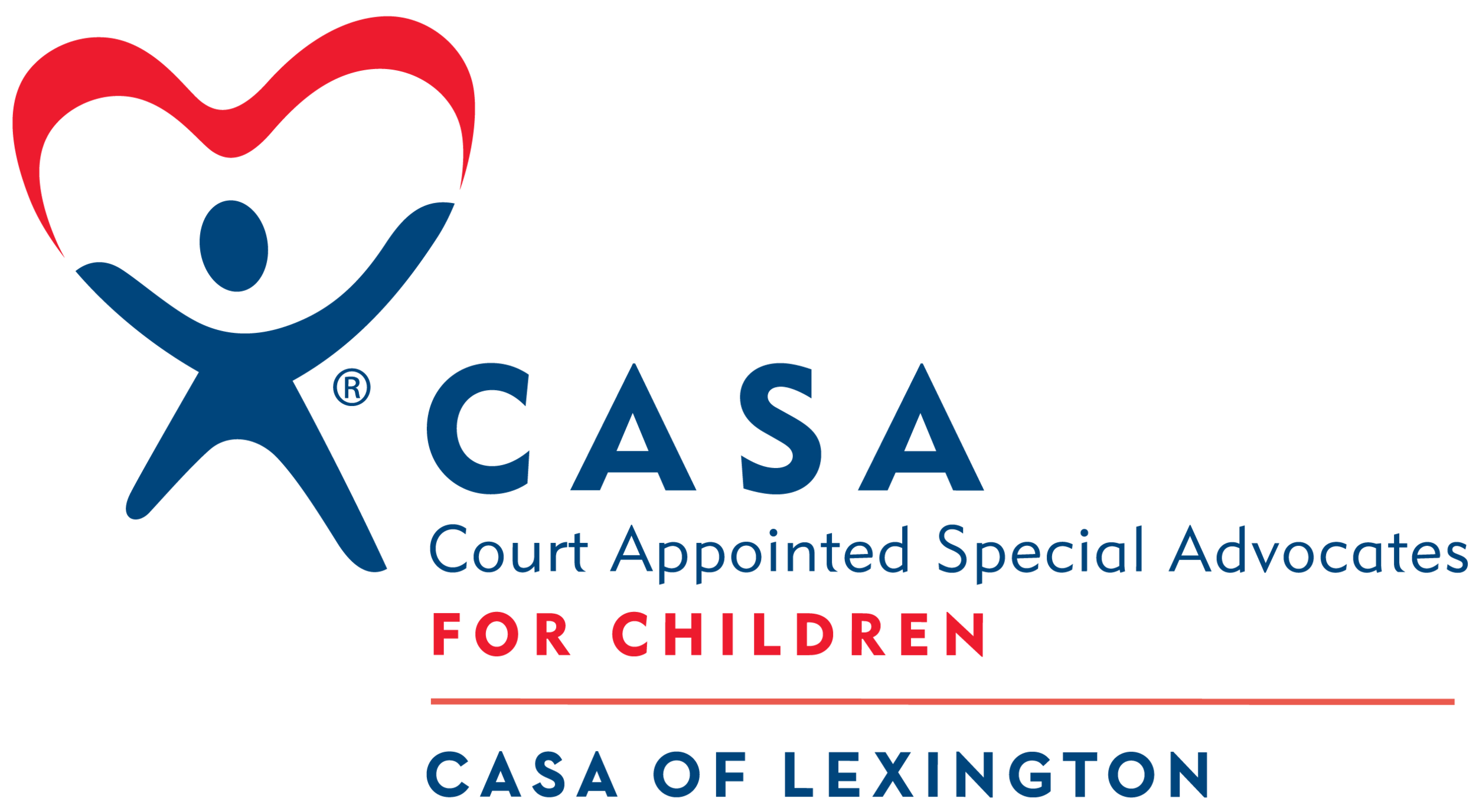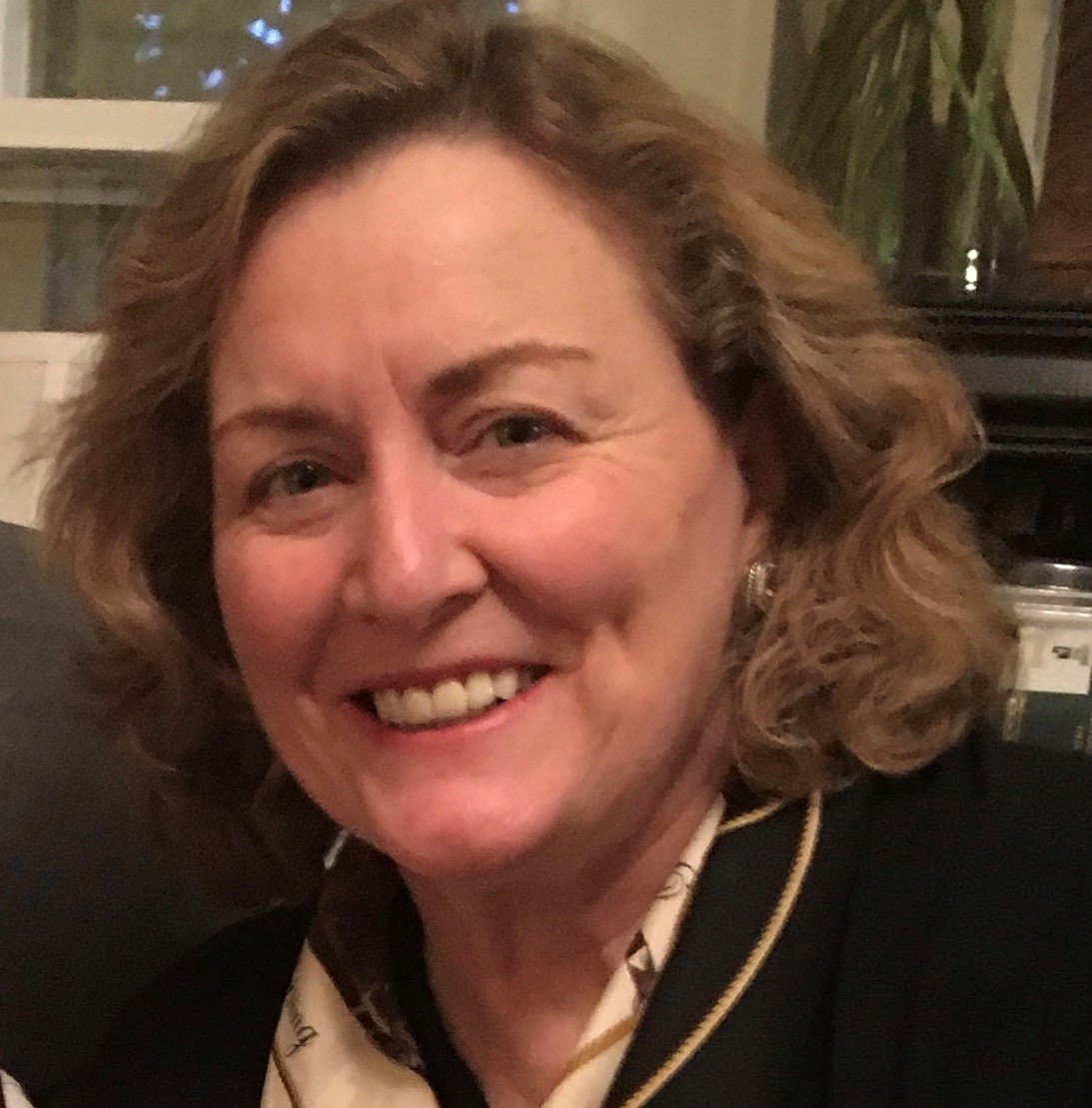Physician-educator uses her skills to advocate for children as a CASA volunteer
CASA Volunteer Mary Duke
Mary Duke has spent nearly three decades as a physician-educator at the University of Kentucky College of Medicine and the Lexington VA Health Care System. She does important work in her job, and for the past two years, she has also been doing important work as a CASA volunteer.
“I first learned about CASA several years ago when I read a flier posted on a bulletin board,” she said. “At the time, I thought, ‘What a wonderful mission! If I ever have extra time on my hands, I’d like to get involved with them.’”
Then, during the pandemic, Mary found some extra time and signed up. She completed the initial 30-hour training class and was matched with an abused or neglected child in the family court system who needed her.
Mary’s work has been so good that her Volunteer Manager Dennis Stutsman nominated her to be a CASA Volunteer of the Month in July.
“Mary has done a great job on her CASA case,” Dennis said. “She has compassionately worked with parents who love their child but (cannot create a safe home). Her medical background has really helped to understand both the challenges faced by the parents and the needs of her CASA child. She has supported her CASA child with access to resources and encouraged the positive parenting of the child’s foster parents.”
Mary said she has found it very rewarding to work with CASA children. And she has greatly enjoyed getting to know “the terrific people who work for CASA.”
“They are wonderful people, dedicated to the mission of helping children,” she said. “The CASA staff are very supportive and will assist with anything that is unfamiliar or difficult.”
CASA volunteers spend 5-10 hours a month visiting children, learning about their situations, writing reports for judges and advocating for the children’s best interests. Each volunteer commits to serving for at least two years. There are no educational requirements to serve as a CASA volunteer, other than completion of the 30-hour training class provided for new volunteers.
Children who receive a CASA volunteer do better in school, are more likely to receive services like therapy and educational interventions, and less likely to be moved around or re-enter the foster system after their cases close.
“The children in foster care are in great need of this service and they benefit from anything you can do for them,” Mary said. “This is worthwhile work for an exceedingly worthwhile cause!”

